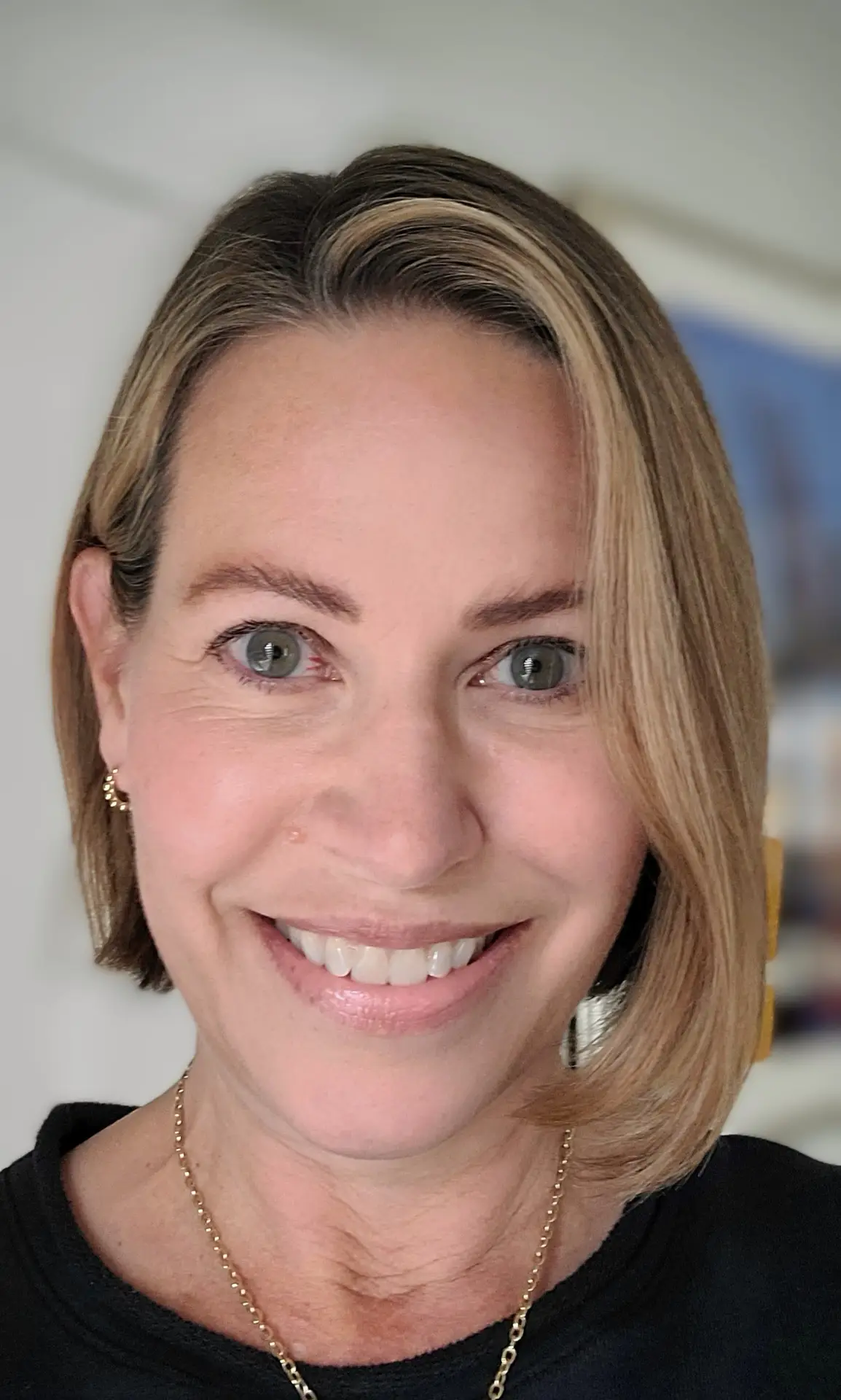SAN FRANCISCO, March 31, 2022 /PRNewswire/ — Quantum Leap Healthcare Collaborative (QLHC) announced in collaboration with NRx Pharmaceuticals, Inc. (NRx), that the nebulized form of ZYESAMI® (Aviptadil), in the I-SPY COVID Trial of Critical COVID-19 patients has been stopped. The I-SPY COVID Trial, (NCT04488081) is a phase 2, open label, adaptive platform trial designed to rapidly screen potential agents that could substantially improve treatment for severely and critically ill COVID-19 patients. QLHC is the sponsor of the I-SPY COVID TRIAL. The trial is structured to identify those agents with a big impact, those that could have the potential to reduce the time to recovery (defined as reduction in oxygen demand) by approximately 50% or risk of mortality in critically ill COVID-19 patients.
Aviptadil is a synthetic form of Human Vasoactive Intestinal Polypeptide (VIP) and was selected because of the potential to reduce inflammation and stabilize the air sacs of those hospitalized because of critical injury from acute respiratory distress syndrome (ARDS), which is the major cause of death in those critically ill from COVID-19. The intravenous form of ZYESAMI is currently being tested in the ACTIV-3b Phase 3 trial being conducted by the National Institutes of Health, a separate clinical trial of critically ill patients, which continues enrolling. The nebulized form was selected for inclusion in the I-SPY COVID Trial to determine whether this simpler form of delivery via self-inhalation through a mouthpiece would be effective in speeding recovery from and/or preventing death from COVID-19-related ARDS.
The study enrolled COVID-19 patients, on High Flow Nasal Cannula (COVID Scale 5), Mechanical Ventilation (COVID Scale 6), or Mechanical Ventilation with additional organ failure (COVID Scale 7).

The Data Monitoring Committee recommended concluding the open label Aviptadil arm of the I-SPY COVID Trial after 118 patients (51 on study drug and 67 on concurrent controls) were enrolled. Enrollment was stopped because the agent met the predefined futility criterion, with a greater than 90% probability that the hazard rate for recovery is less than 1.5 when compared to standard treatment (Pr(HR < 1.5) ≥ 0.9), and that the chance that the hazard rate for mortality being less than 1 is less than 50% (Pr(HRm<1.0) <0.5). The data from nebulized Aviptadil patients were compared to those from 67 patients concurrently randomized to the control arm, which included treatment with dexamethasone and remdesivir as backbone therapy. Patients assigned to the Aviptadil arm received backbone therapy in combination with 100 micrograms of nebulized Aviptadil for inhalation as an aerosol mist three times per day for up to 14 days. After all patients had reached 28 days of follow-up, the data suggested there was a low probability that the addition of this dose of nebulized Aviptadil to backbone therapy via mouthpiece administration, would improve outcomes in this population. At the time of discontinuation, the hazard ratio for recovery favored placebo (HRr 0.56 (95% CI 0.34-0.89)). The drug was administered across 29 sites active in the trial at the time the drug was released from the trial.
NRx previously concluded a study of intravenous Aviptadil in critically ill COVID-19 patients with positive results. The findings in the current I-SPY study may be due to the difficulty of effectively delivering nebulized medications via mouthpiece to critically ill patients when they are on high flow oxygen (6 liters or more) or nebulized into the breathing circuit for mechanically ventilated patients. Factors including high oxygen flow rates, rapid breathing and mechanical ventilation may reduce nebulized medication delivery to the air sacs. Accordingly, nebulized administration of Aviptadil at the dose used at flow rates above 6L per minute is not appropriate in this patient population.
Other options for further study include alternative forms of testing ZYESAMI, including a dosing protocol that extends beyond the 3-day intravenous administration protocol currently being tested in ACTIV-3b.
“We appreciate the partnership of the Quantum Leap Healthcare Collaborative and the chance to partner with the I-SPY platform,” said Robert Besthof, Interim CEO of NRx Pharmaceuticals. “The study provides important learnings in the quest for additional drug administration options in the treatment of Severe and Critical COVID-19 patients. In contrast to our data with intravenous Aviptadil, nebulized Aviptadil does not appear to be a suitable dosing option for this patient population. We look forward to continuing to explore with QLHC other options to treat patients with Aviptadil and are considering alternative methods of administration.”
Dr. Kevin Gibbs from Wake Forest led the study of this agent in the I-SPY COVID Trial. “Aviptadil is a promising drug, unfortunately, for this patient population, with this form of administration neither an improvement in the time to recovery, nor a reduction in mortality was observed.”, said Dr. Gibbs. Dr. Carolyn Calfee, co-principal investigator of the I-SPY Trials commented, “We are grateful to NRx for their partnership and willingness to test the nebulized version of their agent in the setting of critically ill COVID patients. We hope in the near future to have the ability to better segment the critically ill COVID-19 patient population using biomarker subtypes. This effort will hopefully increase our ability to find effective agents for this incredibly challenging and devastating disease.”
Investigation into additional agents via the I-SPY COVID Trial are ongoing; this remains an urgent priority for QLHC and its partners. The I-SPY COVID Trial now includes 32 sites as well as leaders in pulmonary and critical care centers from around the country.
The I-SPY COVID Trial is a collaboration between members of Quantum Leap Healthcare Collaborative and pharmaceutical partners such as NRx, and the United States Government. This work is supported in part by the Biomedical Advanced Research and Development Authority (BARDA), part of the office of the Assistant Secretary for Preparedness and Response within the U.S. Department of Health and Human Services, and the Department of Defense Joint Program Executive Office for Chemical, Biological, Radiological and Nuclear Defense (CBRN), in collaboration with the Medical CBRN Defense Consortium (MCDC). The Defense Threat Reduction Agency (DTRA) enables the Department of Defense (DoD), the U.S. Government, and International Partners to counter and deter Weapons of Mass Destruction (WMD) and Emerging Threats.
About Quantum Leap Healthcare Collaborative
Quantum Leap Healthcare Collaborative is a 501(c)(3) charitable organization established in 2005 as a collaboration between medical researchers at University of California, San Francisco and Silicon Valley entrepreneurs. Our mission is to integrate high-impact research with clinical processes and systems technology, resulting in improved data management and information systems, greater access to clinical trial matching and sponsorship, and greater benefit to providers, patients and researchers. Our goal is to improve and save lives. Quantum Leap provides operational, financial, and regulatory oversight to the I-SPY Trials. For more information, visit www.QuantumLeapHealth.org.
About NRx Pharmaceuticals
NRx Pharmaceuticals, Inc. (Nasdaq: NRXP) (“NRx Pharmaceuticals” or the “Company”) draws upon decades of collective, scientific, and drug-development experience to bring improved health to patients. Its investigational product, ZYESAMI® (aviptadil) for patients with COVID-19, has been granted Fast Track designation by the US Food and Drug Administration (FDA) and is in a Phase III trial for Critical COVID-19 patients which is sponsored and managed by the US National Institutes of Health. The FDA has additionally granted Breakthrough Therapy designation, a Special Protocol Agreement, and a Biomarker Letter of Support for NRX-101, an investigational medicine for the treatment of severe bipolar depression in patients with acute suicidal ideation and behavior (ASIB) after initial stabilization with ketamine or other effective therapy.
About the I-SPY COVID Trial
The I-SPY COVID Trial (Investigation of Serial Studies to Predict Your COVID Therapeutic Response with Biomarker Integration and Adaptive Learning) is an adaptive platform trial designed to increase trial efficiency by minimizing the number of participants and time required to evaluate experimental and/or repurposed drugs. The focus of the trial is to improve outcomes for severely-ill COVID-19 patients—those who require at least 6L of high-flow oxygen either by mask or nasal cannula, known as level 5 on the World Health Organization (WHO) COVID scale, an 8-point ordinal scale of clinical severity status. The primary endpoints include the time to achieve level 4 or less for at least 48 hours on the WHO COVID scale, a decrease in the duration of time on a ventilator, and a decrease in mortality.
The I-SPY COVID Trial is sponsored and managed by Quantum Leap Healthcare Collaborative. For more information, visit www.quantumleaphealth.org or www.ispytrials.org.
Forward Looking Statements
This press release contains forward-looking statements. Statements in this press release that are not purely historical are forward-looking statements. These forward-looking statements are made as of the date of this press release, and the Company assumes no obligation to update the forward-looking statements, or to update the reasons why actual results could differ from those projected in the forward-looking statements, except as required by law. Investors should consult all the information set forth herein and should also refer to the risk factor disclosure set forth in the reports and other documents the Company files with the SEC available at www.sec.gov.
SOURCE Quantum Leap Healthcare Collaborative
Related Links
http://www.quantumleaphealth.org
For more information, email karyn.digiorgio@quantumleaphealth.org












